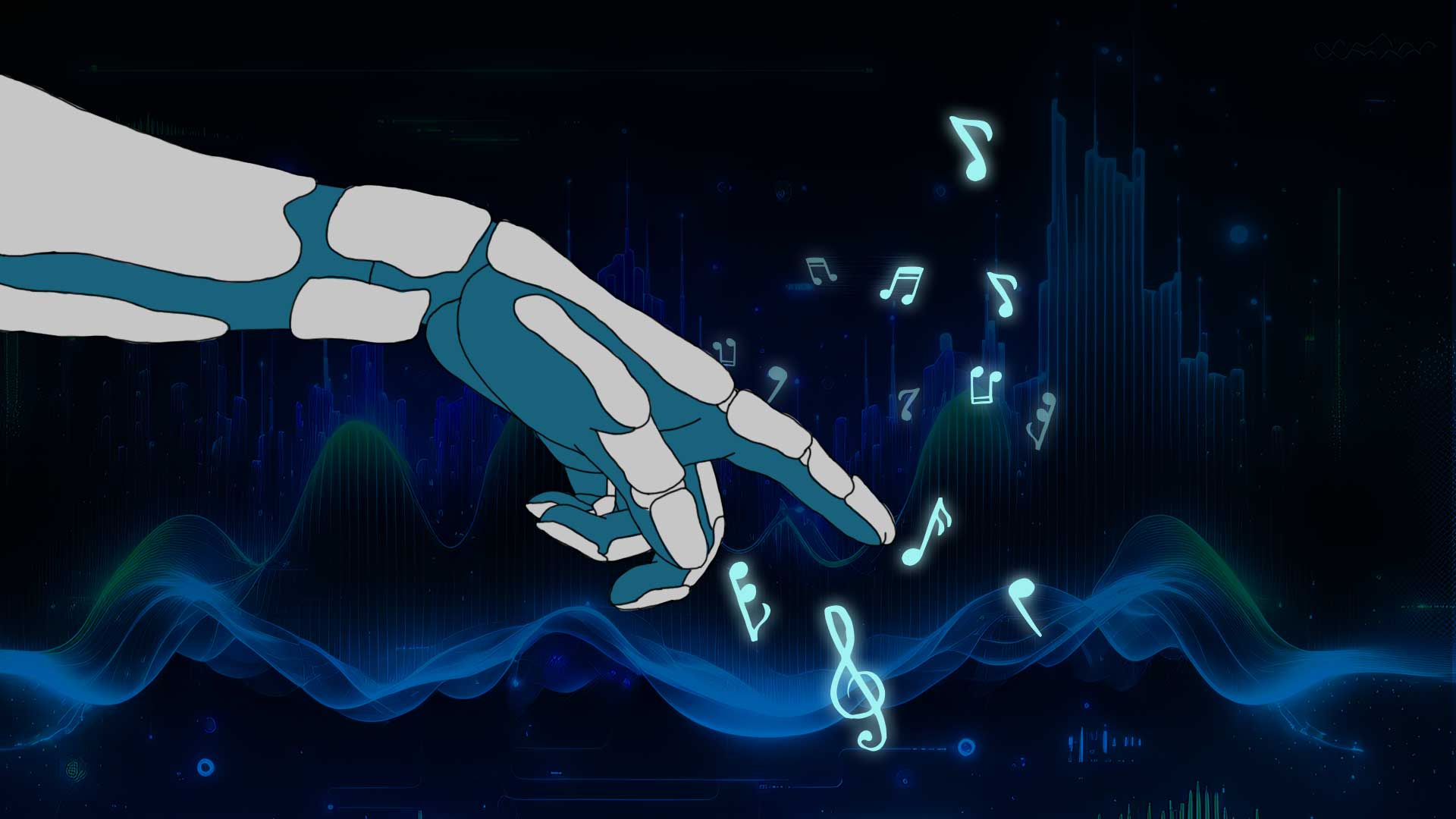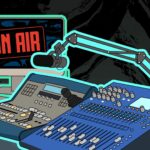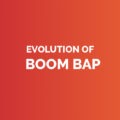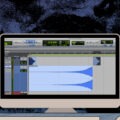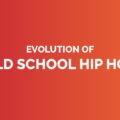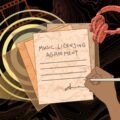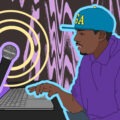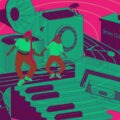For many, the thought of artificial intelligence (AI) embedding itself in many lines of work is terrifying. For others, it’s a revolutionary tool that helps out with multiple tasks. So what is AI? Well, according to natural language processing AI chatbot ChatGPT, it is a field of computer science and technology that aims to create intelligent machines that typically require human intelligence. What happens when artificial intelligence is able to create something that requires human emotions, like music? We’ll take a look at how AI can – and will – impact the music industry, while considering both the pros and cons of how this technology can affect the artistic world.
AI in Music Advantages
AI already has a significant role in the music industry. It can spot various patterns and trends in vast amounts of data that humans aren’t able to see. This allows artists and creators to know which songs to promote and when to promote them to have the best visibility. This is great for social media users trying to get their product out to the masses who wouldn’t know how or when to do it. AI can even predict if a song will have commercial success or not and analyze audience sentiment.
Since this technology is relatively new in the music industry, some AI skill sets are still in need of improvement. At the rapid speed that artificial intelligence is growing, major advancements are sure to be achieved in the near future.
AI can also mix and master music. Online music software LANDR, which stands for “left and right”, can master a full, release-ready track, matching the industry loudness levels for streaming platforms like Spotify and Apple Music. It uses advanced algorithms and machine learning techniques to analyze and enhance the quality of audio tracks.
Mastering a full song from start to finish can take multiple hours, even days. With LANDR, musicians and producers can upload their songs and receive professionally mastered versions within minutes. The platform applies a combination of EQ, compression, stereo enhancement, and other processing techniques to optimize the sound and make it more polished and balanced.
Izotope is another audio company that uses AI in some of their plugins to facilitate mixing and mastering. Products like Nectar, Neutron and Ozone use the technology to help producers and engineers speed up their workflow. For example, Ozone has a master assistant that enables you to select a genre or type of mastering that fits the music you’re working on, allowing producers to bypass a mastering engineer altogether by mastering themselves.
AI also impacts composition and songwriting. It can generate original compositions, melodies and lyrics based on existing music data. The AI will analyze existing music and attempt to replicate a new piece with the same or similar elements it’s been given. An interesting example of this is “Daddy’s Car”, a song made by artificial intelligence at Sony’s computer science laboratory in Tokyo, Japan. It was created to sound like a song written and recorded by The Beatles.
Reading this, some might question artificial intelligence, wondering if it could replace human art and creativity. These algorithms and calculations don’t have the emotional element that humans can give to a musical piece or other forms of art. Artificial intelligence could eventually take on more of a human approach in the future and write and compose full songs with lyrics, but for now, it is only complementing human creativity and not replacing it.
Music has a unique ability to evoke emotions and connect people on a deep level. AI-generated music may lack the emotional connection and authenticity that comes from human performance, which can be a significant drawback for some listeners. Yes, full compositions are being produced, but that’s only possible because of artificial intelligence’s ability to analyze human elements like emotion in music. AI isn’t able to compose using its own emotions…yet.
The Dark Side of AI in Music
As AI is improving and helping artists build their craft, it poses some threats to the music community as well. Industry professionals will have to address AI-related problems eventually. Some songs featuring popular artists are coming out, and the crazy part is that these artists never recorded these songs themselves. An example of this is the song “Heart On My Sleeve”, by Drake and The Weeknd. Or at least it sure sounds like these artists, but you’d be surprised to learn that neither of them actually stepped into a studio to record it. Their voices were emulated using artificial intelligence and added to an original composition. This poses an issue to both the artists themselves as well as their labels. Neither Drake or The Weeknd allowed their voices to be used in this context, so it could be categorized as copyright infringement.
Even though AI is complementing human creativity today, it threatens to create some problems for creatives in the future. If artificial intelligence keeps developing at the rate it currently is, some music industry jobs could disappear eventually. Companies might not need human music producers if they can ask a sort of robot to create exactly what they need. This risks negatively impacting employment opportunities for individuals in the industry.
Final Notes
In conclusion, the integration of Artificial Intelligence (AI) into the music industry has brought forth a multitude of positive and negative aspects. On the positive side, AI has revolutionized the way music is created, consumed, and discovered. It has enabled artists to explore new creative avenues, empowered music producers with advanced tools, and enhanced the overall listening experience for music enthusiasts.
However, alongside these positive aspects, there are also negative implications to consider. One of the major concerns is the potential loss of human creativity and originality. While AI-generated music can be impressive, it lacks the depth of emotions and personal experiences that human musicians bring to their compositions. The risk of homogenization and an oversaturation of similar AI-generated tracks could lead to a decline in the uniqueness and diversity of musical expression.
Written by Liam Clarke
Illustration by Yihong Guo
